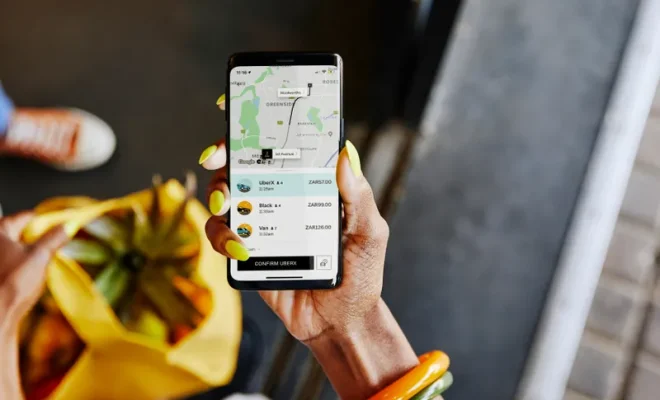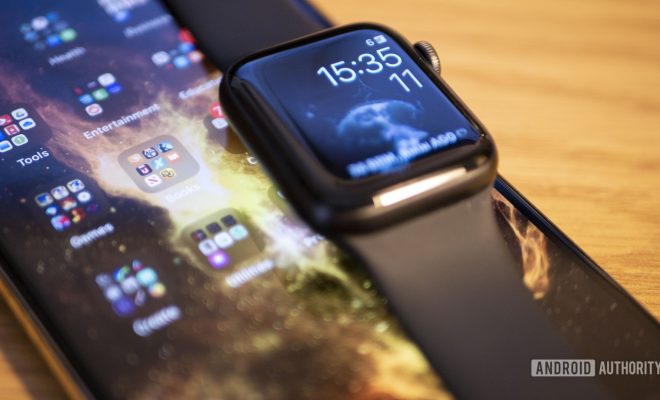What Is a Cellphone? Cellphones, Coverage, and Networks

As technology advances, so does the telecommunications industry. One of the most significant inventions in recent history is the cellphone. We associate cellphones with calls and texts, but they have become so much more than that. In this article, we dive into the basics of cellphones, coverage, and networks.
What is a Cellphone?
A cellphone, also known as a mobile phone or cell phone, is a portable, wireless device that enables communication over long distances. The device uses radio frequency waves to transmit and receive signals, allowing users to make calls and send messages, among other things. Cellphones have evolved from basic flip phones to smartphones that can access the internet, play games, and take high-quality photos.
Coverage
Cellphone coverage refers to the signal strength and network availability of a mobile carrier in a particular area. Coverage is an essential factor for cellphone users as it determines the quality of service and the ability to make and receive calls or use data services. In urban areas, coverage is generally not a problem as there are more cell towers and antennas to connect to. However, in rural areas, coverage can be limited, and users may experience dropped calls and slower internet speeds.
Networks
Cellphones are connected to networks, which are made up of cell towers and antennas that transmit and receive signals. The most common types of networks are:
- 2G – Second-generation networks that allow voice and text services.
- 3G – Third-generation networks that offer faster data speeds than 2G.
- 4G – Fourth-generation networks that provide faster data speeds and better call quality than 3G.
- 5G – Fifth-generation networks that offer ultra-fast data speeds, low latency, and support for more devices.
It is essential to note that not all cellphones are compatible with all networks. Network compatibility depends on the technology used by the mobile carrier and the cellphone. For example, a smartphone that supports 5G will not work on a 3G network.
Conclusion
Cellphones have become a vital part of our lives, offering us the ability to stay connected with the world around us at all times. As we move towards a more connected and technologically advanced world, cellphones will continue to play a critical role in our daily lives. It is important to consider coverage and network compatibility before choosing a mobile carrier and selecting a cellphone. With the right device and network, users can enjoy fast data speeds and reliable call quality, no matter where they are.





